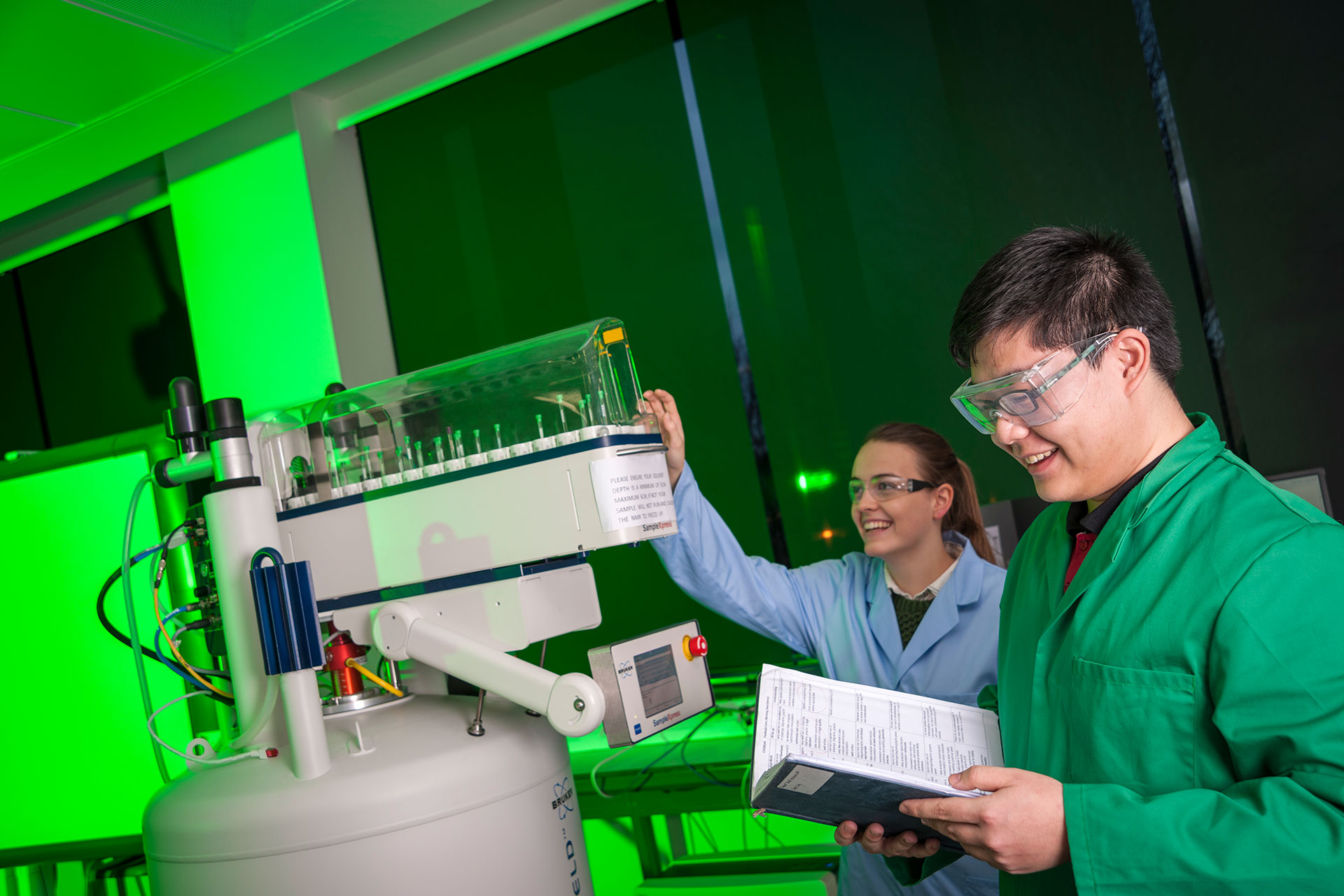Mechatronics and Robotic Systems BEng
If you’re studying the Mechatronics and Robotic Systems BEng at Xi’an Jiaotong University (XJTLU), you can complete the final two years of your dual degree at the University of Liverpool on our 2+2 programme. At Liverpool, you’ll study Mechatronics and Robotics Systems BEng (Hons).
You’ll graduate with two qualifications – an XJTLU degree and a University of Liverpool degree, both recognised by the Chinese Ministry of Education. A Liverpool degree is globally respected within the academic community and among employers.
On this page, you can find out more about studying and living in Liverpool.

We’ve been awarded a Gold rating for educational excellence.
Course content
Discover what you'll learn, what you'll study, and how you'll be taught and assessed.
Year three
Your third year builds on the knowledge you gained at XJTLU with lecture modules covering topics such as dynamic systems, engineering structures, digital electronics, microprocessor systems and control systems.
On the 2+2 programme, you'll study your third and fourth years at the University of Liverpool. These will be year two and year three of the University of Liverpool's programme of study.
Programme details and modules listed are illustrative only and subject to change.
Modules
Programme details and modules listed are illustrative only and subject to change.
Year four
You’ll study both core mechatronics and robotic systems modules and optional modules chosen from a wide-ranging list of advanced topics. You’ll also undertake an extended individual project.
On the 2+2 programme, you'll study your third and fourth years at the University of Liverpool. These will be year two and year three of the University of Liverpool's programme of study.
Programme details and modules listed are illustrative only and subject to change.
Modules
Programme details and modules listed are illustrative only and subject to change.
Your experience
Expand your horizons and develop a truly global outlook.
At our Liverpool campus you’ll have access to state-of-the-art facilities and resources, a Gold-rated teaching experience, and language and careers support to help you make the most of your time with us. You’ll also live and study in a city that’s known for being diverse, welcoming and inclusive – home to the oldest Chinese community in Europe.
We are housed in an award-winning building, and the Sir Robin Saxby Laboratories are equipped with state-of-the-art facilities for digital systems. All of our lecturers are actively engaged in research, ensuring students are given the most up-to-date and commercially relevant education. Students also have access to careers education and opportunities to work, as well as excellent library facilities.
Explore where you'll study






Studying Mechatronics and Robotic Systems BEng (Hons) on the 2+2 programme
Learn more about the course, the benefits of living and studying in Liverpool, the Department of Electrical Engineering and Electronics and developing an international advantage.
Inside Electrical Engineering and Electronics: A conversation with Dr Kirsty McKay and Dr Ian Sandall

Chat with our students
Want to find out more about student life?
Chat with our student ambassadors and ask any questions you have.
Careers and employability
Gain an international advantage and enhance your professional future.
The 2+2 programme will help you to stand out from the crowd. By undertaking two years of study with us, you’ll develop into a global citizen with the skills, knowledge and abilities to succeed in today’s competitive job market.
There is a high demand for engineers with experience in mechatronics and robotic systems in a number of industries. For example, there are numerous automotive applications, with modern high-performance cars having more than 100 computers hidden within their systems.
Some of our graduates go on to work in the industrial sector, in government and in education, whilst others enter non-technical professions such as banking, accountancy, management and law.
Recent employers include companies from the following industries:
- Technology/electronics: ARM Holdings Ltd, Ericsson Ltd, Marconi, Deva Electronic Controls, Siemens UK, Logica CMG
- Energy/utilities: Energetix Group PLC, Scottish Power, United Utilities PLC
- Research/science: Daresbury Laboratory, Science and Technology Facilities Council, Ministry of Defence, Royal Liverpool University Hospital (Clinical Engineering)
- Engineering and manufacturing: Heap and Partners Ltd, Siemens UK, The Highways Agency, British Nuclear Group.
Top 20
most targeted university by UK graduate employers
(High Fliers, 2024)
Fees and funding
Tuition fees cover the cost of your teaching and assessment, operating facilities such as libraries, IT equipment, and access to academic and personal support.
All XJTLU 2+2 students receive a partnership discount of 10% on international tuition fee rates.
XJTLU students beginning studies at Liverpool will receive a Vice Chancellor's Merit Scholarship of a 30% tuition fee reduction if they're in the top 5% of their programme cohort and achieve a minimum average score of 80%+ for STEM subjects, or 70%+ for non-STEM subjects.
The Vice-Chancellor's Merit Scholarship cannot be combined with the XJTLU partnership discount. Discounts and scholarships are valid for the programme duration at Liverpool.
Please note, students required to retake a year at Liverpool will be required to pay the full international tuition fee during the retake year.
Tuition fees
2026 tuition fee for XJTLU 2+2 students (inclusive of 10% discount) - £28,800.
2026 tuition fee for XJTLU 2+2 students qualifying for Vice Chancellor's Merit Scholarship (inclusive of 30% discount) - £22,400.
Fees stated are for the 2026-27 academic year.
More about life in Liverpool
Discover more about the city and University.

Postgraduate study
Explore master’s courses and postgraduate research opportunities at Liverpool and find out how we can help you to achieve success. Studying abroad will help you to develop the skills required for further study.

Student life in Liverpool
Explore all there is to see and do on and off campus. Voted one of the best student cities in the UK, Liverpool is a truly inclusive place to live, study and socialise.

Accommodation
Fully immerse yourself in the university experience with our on-campus and recommended private accommodation options. Find a home away from home where you can create lasting memories.
Contact us
For any questions about the 2+2 programme, please contact Helen Li (Liverpool Mobility Manager at XJTLU).